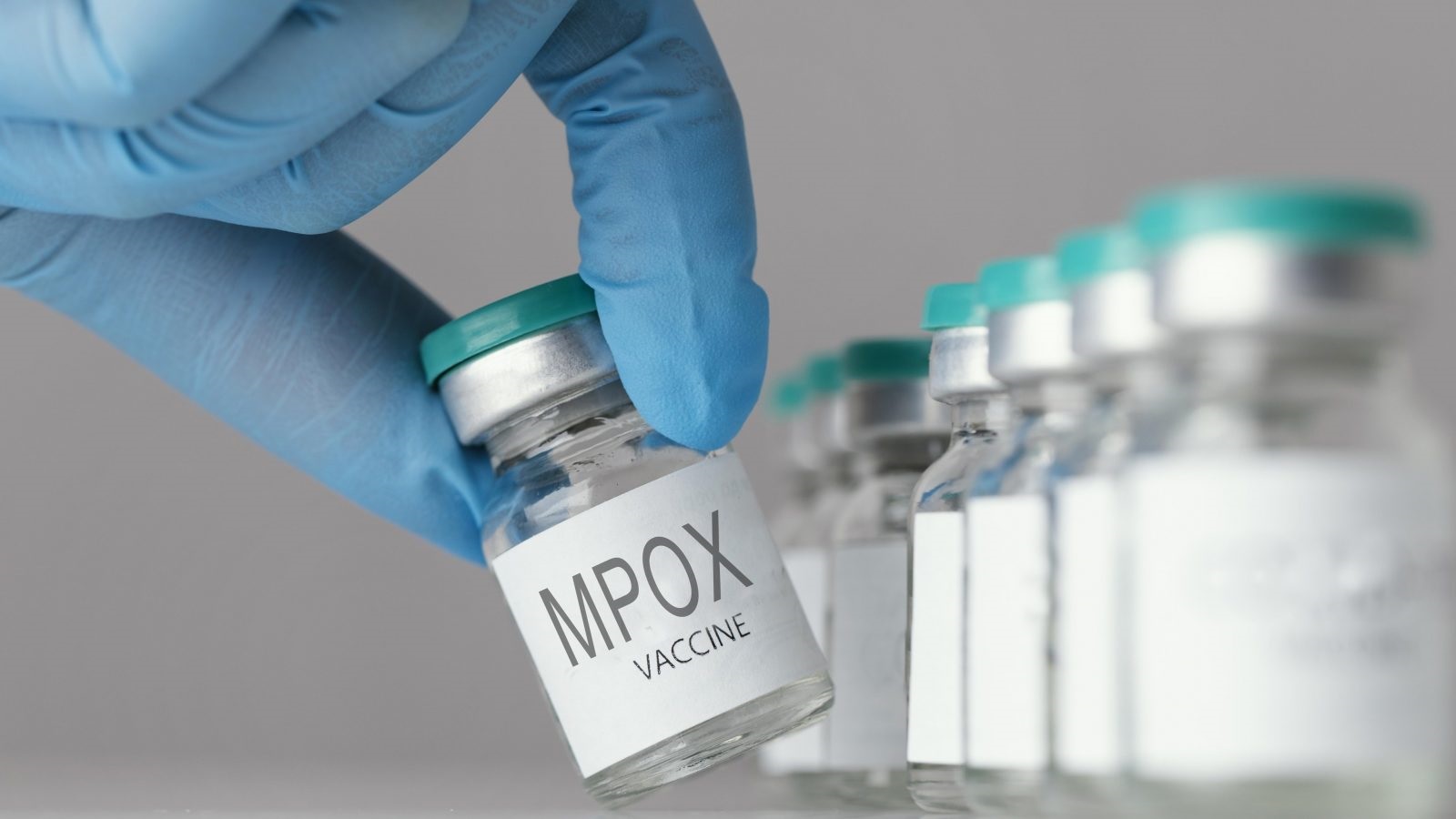A year after mpox was declared a continental health threat, a new Africa Centres for Disease Control and Prevention (Africa CDC) study has revealed high vaccine readiness across African countries.
However, the report warns that stigma and misinformation are slowing the continent’s response.
The Africa CDC, made the interim analysis, available to newsmen on Wednesday.
NAN reports that it covered nine countries – Burundi, the Central African Republic (CAR), Democratic Republic of the Congo (DRC), Republic of Congo, Kenya, Nigeria, Uganda, Rwanda, and Côte d’Ivoire.
It also involved more than 17,300 surveys and 210 interviews with health workers, traditional leaders, community members, and mpox survivors.
The findings showed strong vaccine acceptance across all study locations, with demand already exceeding supply in Nigeria and Kenya.
The agency, therefore renewed its call for 3.4 million additional vaccine doses to protect vulnerable populations.
The study also highlighted trust in information delivered by radio, television, and frontline health workers, with Nigeria and Burundi recording above 80 per cent exposure to mpox messaging.
However, knowledge gaps and risky behaviours remained widespread.
In the Republic of Congo, only one in 10 respondents could identify more than three symptoms of mpox.
The AfricaCDC said that in the DRC, fewer than 10 per cent were able to recognise symptoms and reject myths.
“Stigma was also pronounced, with over 40 per cent of respondents in Burundi and DRC admitting they would discriminate against people with Mpox.
“Cultural beliefs have further shaped responses in some areas.
“In Kenya, sections of the population attributed the disease to curses, preferring to seek traditional healers before visiting clinics.
“Rural communities in CAR and DRC also reported high levels of self-medication and risky contact with wild animals,” it said.
Prof. Mosoka Fallah, who leads the Mpox Incident Management Support Team (IMST) research pillar, said: “Community trust and participation are our greatest assets, but to truly succeed, we must close knowledge gaps, tackle stigma and build local capacity.”
Dr Jean Kaseya, Africa CDC Director-General, said that understanding behavioural drivers is central to outbreak control.
“This research shows that behavioural drivers are just as important as the biomedical response.
“If we do not address stigma and misinformation, we risk undermining the gains made,” Kaseya said.
He said that since August 2024, when Mpox was declared a continental threat, the IMST, co-led by Africa CDC and the World Health Organisation (WHO), had mobilised 1.2 billion dollars nearly double its initial 599 million dollars appeal.
He said that the mechanism now also supports cholera response in 23 African countries.
“The study concludes that while African communities are ready to embrace vaccines and prevention measures, long-term success will depend on strengthening public education, countering myths, and reducing stigma,” he said.
NAN also reports that Mpox is a viral infection similar to smallpox, causing fever, rash, and swollen lymph nodes.
It spreads through close contact with infected people or items, it can also beaders prevented through vaccination, early detection, and good hygiene.





